Diet and exercise have a significant role in your health and well-being. Still, your surroundings also play an essential role. An unsuitable location or bad air quality can bring on some long-term health problems and discomforts. The good news is that you can resolve several common health problems with the help of the correct houseplants. Adding specific houseplants to your home can significantly impact your general wellness, stress levels, mood, breathing, and quality of sleep. Houseplants may not be doing much at first glance. But they're working hard behind the scenes to keep you healthy. Consider these 111 Plants That Can Naturally Improve Your Health.
Other Topics You Might Like
Helpful Products You Might Like
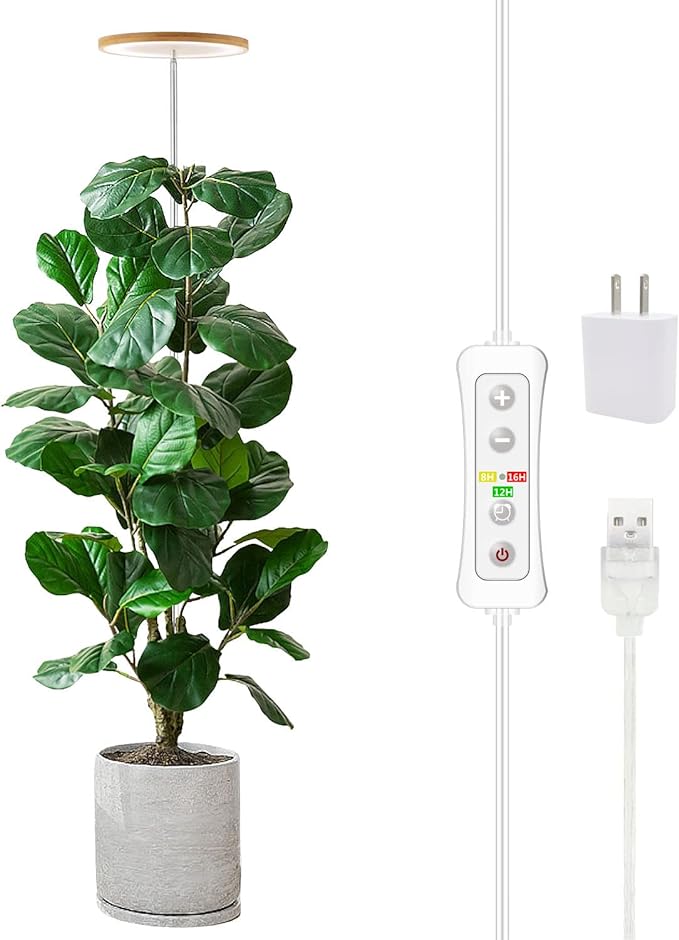
Plant Grow Light yadoker LED Growing
Light
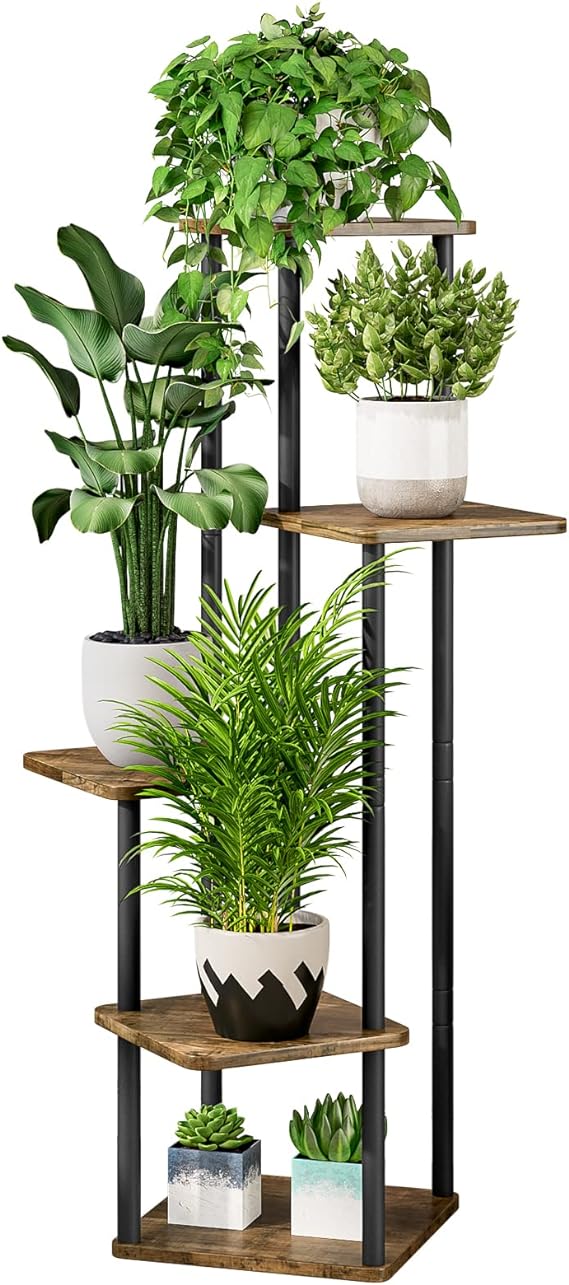
AZERPIAN Plant Stand Flower Shelf for Multiple Plants
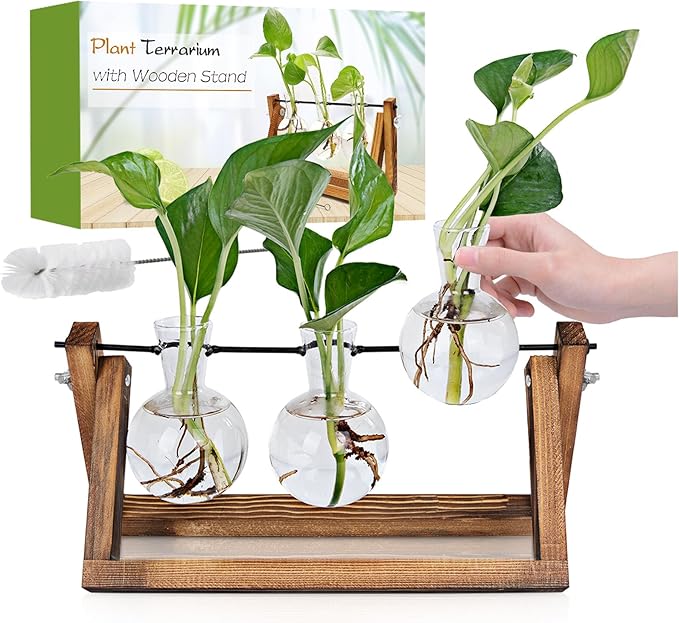
Plant Propagation Station Plant Terrarium with Wooden Stand
"(Paid Links)" 
Golden Pothos
Golden pothos is an extremely popular classic — and there's a good reason for that. You can grow these bushy and green vines, which thrive on low light and neglect, and they are among the easiest plants to grow. Pothos (as seen below with our Fresco plant), soaks up nasty toxins in the air like formaldehyde, benzene, and even the carbon monoxide released through your appliances. It also works to remove scent and to relieve tired eyes that have been on a screen for hours.
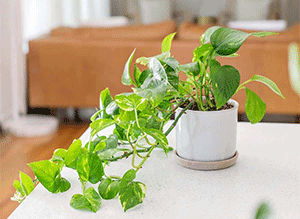
Lavender
A lovely flowering plant, lavender is prized for its violet blossoms, silvery foliage, and mild scent. Lavender is a common herb in the kitchen and herb garden, but it also makes a great houseplant. The pleasant odor of Lavender has stress-relief effects which offer you the peace and quiet, you require to sleep. You will find this in candles, soaps, bath salts, skin-care products, and spa products.
Snake Plant
Snake Plant is widely used plant to test the quality of indoor air. Maintain a few of these plants throughout your home to ensure that the air quality is being adequately filtered. Additionally, a snake plant enhances your general health by absorbing airborne chemicals. These simple, jungle-like, snaky, and pretty plants are the ideal complement to your interior design and general well-being.
Aloe Vera

Aloe vera is well known for being nature's remedy for severe sunburns and skin irritations. For thousands of years, people have utilised the plant as a traditional natural cure for internal and skin conditions. However, aloe just grows in your living room and has some health benefits as well. The plant itself is excellent in purifying the air, even if you haven't been sunburnt. It functions by absorbing airborne pollutants that may originate from chemicals, paints, and cleaning products.
Rosemary
Rosemary is well-known and beloved culinary herb that has been used in folklore and traditional medicine for thousands of years. The visual and therapeutic benefits of a rosemary plant, which is said to be a powerful remedy for improving focus and attention, might be a huge asset to your home office. Because rosemary has been shown to improve memory and focus simply by smelling it, it is best placed in a room where you could use a mental boost.
Chamomile
The flower chamomile is indigenous to Asia, India, and Western Europe. These days, it can be grown anywhere in the United States. There are two varieties of chamomile: Roman (a perennial native to northern Africa and southern and western Europe that has an apple-like scent) and German (local to southern and eastern Europe).
Spider Plant
Spider plants (Chlorophytum comosum) are easy to grow and low maintenance. These plants got their nickname "little spider plants" because of their long trailing stems that bear small plantlets; The narrow leaves are also similar to spiders.

Elephant Ear Plants
If you want to spend a little more time with your houseplants, elephant ear plants are best for you.
These are tropical, perennial plants instantly recognizable by their big, heart-shaped leaves. They need bright light and regular watering to keep the soil moist, and they can get big and may need extra space. Some species have been grown for their edible starchy tubers, which are a food staple in certain tropical regions. Medicinally, the leaves have been noted for their use in treating insect stings.
Garlic
Grown for its tasty bulbs, garlic is a perennial plant native to Central Asia. Many cultures now grow it all over the planet. Garlic is prized for its therapeutic qualities as well as its culinary uses.
Garlic has been used by humans for thousands of years. In traditional medicine, it is used to cure intestinal worms, liver illness, colic, TB, lower blood pressure, prevent infection, and lower fevers.
Ginger
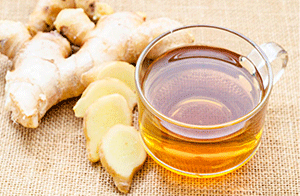
Ginger features yellow-green blooms and a leafy stem. Ginger is a member of the Zingiberaceae family and is native to Asia. The ginger plant's underground stem yields this adaptable spice, which is used in food and drink all across the world.
Zingiberis Rhizoma Recens, the fresh subterranean stem of ginger, is utilised in traditional Chinese medicine.
Since the 1500s, ginger has been widely utilised in traditional treatments all throughout the world. Because of its therapeutic qualities, ginger was so prized and sought after more than 2,000 years ago that one pound was worth the price of a sheep.
Common illnesses including nausea, discomfort, and vomiting were treated with it. Ginger now holds the unique status of being categorized as a food, medicinal, and herb.
Gingko
One of the oldest tree species still in existence is Ginkgo biloba, also referred to as ginkgo. One of the most popular herbal treatments in the US is ginkgo, which is native to Asia. Tablets, capsules, and extracts are made from ginkgo leaves.
You can also drink ginkgo leaves as tea. It is commonly used to improve cognitive function and treat dementia symptoms. Traditional Chinese medicine uses the nut to treat wheezing.
